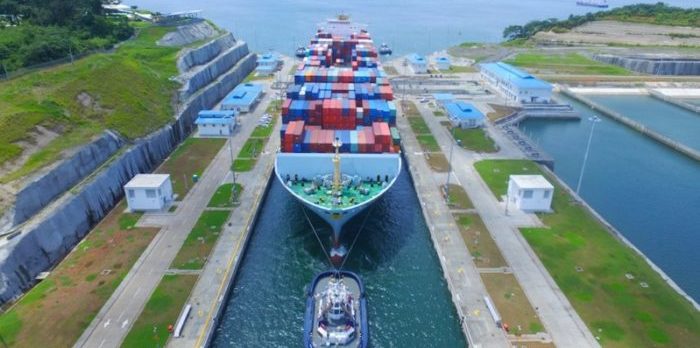As the Panama Canal announced the implementation of a “Freshwater Charge” for ships transmitting the canal from February 15, the International Chamber of Shipping (ICS) alerted that this move will increase costs to ships by up to 15%.
Specifically, in January 2020, the Canal reported that the fee will give a boost to the Canal’s water levels, as without it they are projected to drop to levels that would affect the Neopanamax and Panamax Locks. The freshwater surcharge concerns all vessels over 125 feet in length overall (LOA) that transit via the canal, with a fixed charge of $10.000 for a passage.
In addition, the charge follows additional change in rates to the Panama Canal Authority 2020 Tolls Modification, which is due to become effective on April 1st, 2020. This Toll modification could see additional cost increases of up to 17% for ships passing through the Canal.
Therefore, ICS informs that vessels transmitting through the Canal may deal with price hikes of over 30% by April 1st. Thus, the Chamber comments that the announcement of the new charge and the date of the implementation have a month remainder, giving little time to consider the decision and its potential effects.
The fee will be another rise in toll charges for shipowners.
Guy Platten, Secretary General ICS commented that
While we have worked with the Panama Canal Authority to manage the upcoming implementation of toll modification rise on April 1st, the introduction of the ‘Freshwater Charges’ have taken the shipping industry by surprise.
He added that the industry is already dealing with a number of challenges, from the coronavirus to the new strict environmental regulations, meaning that the charge is another barrier.
Mr Platten noted that “Shipping already operates on the slimmest of margins. Cost hikes in this range, without sufficient warning, places undue pressure on the industry at a sensitive time when we are being asked to invest in a low emissions future.”
We encourage the Panama Port Authority to consider postponing the introduction of the ‘Freshwater Charge’ to give industry a chance to better prepare.






























































